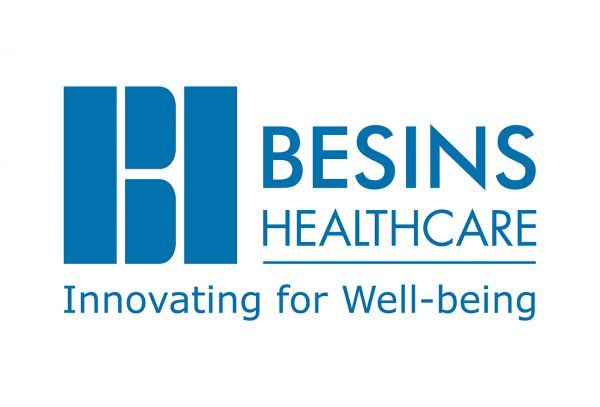For many people across the globe, starting a family can be a process fraught with challenges. And if this is the case, the importance of having the right support and treatment along the way cannot be understated.
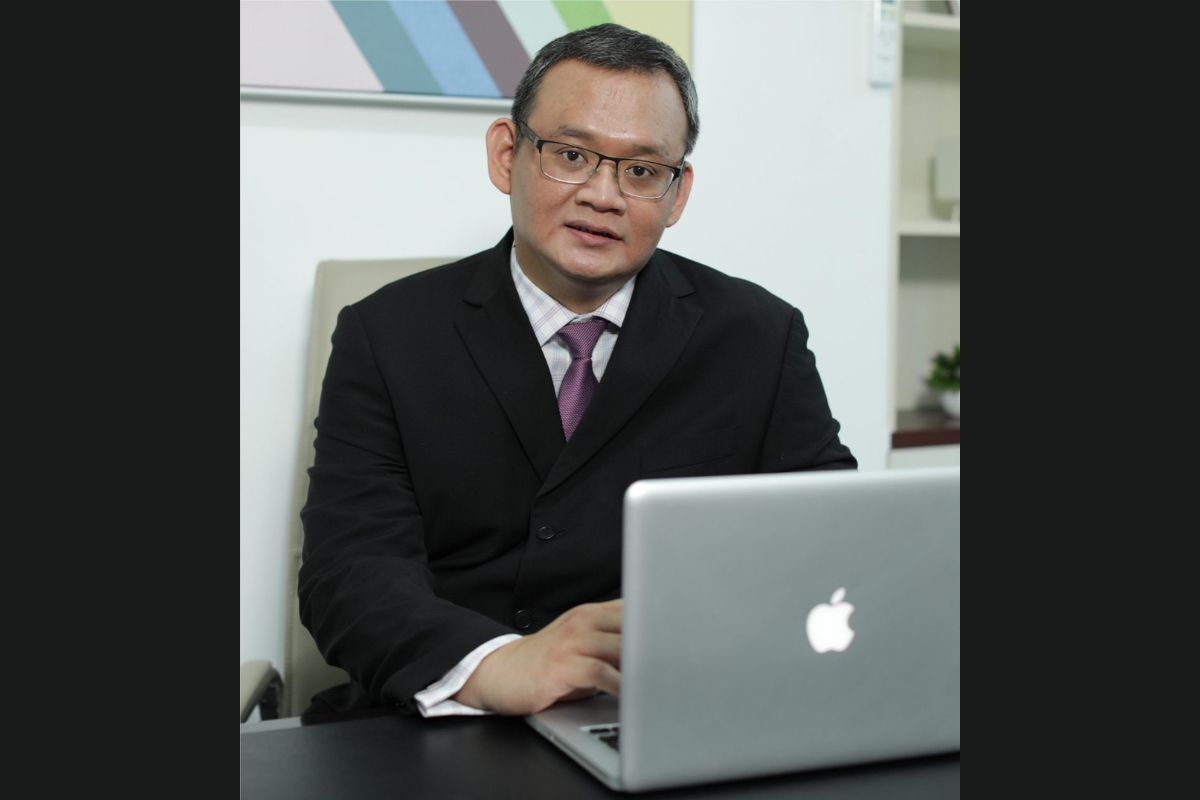
That’s where fertility specialists Morula IVF Indonesia comes in – offering a holistic approach that sees those looking to conceive are provided with tailored help long before they start their in-vitro fertilisation (IVF) journey.
“We want to have established a relationship before couples even decide to look into IVF techniques,” Ade Gustian Yuwono tells The CEO Magazine. “And then, we want that to continue that relationship all the way up to menopause.”
Morula was founded as the Fertility Clinic Morula in 1997, as part of the Bundamedik Healthcare System. Today, it is one of the largest fertility clinics in Indonesia, with 10 clinics across the country, roughly 53 doctors and scientists as part of the team, and an increase in patients growing by 30 per cent on average each year.
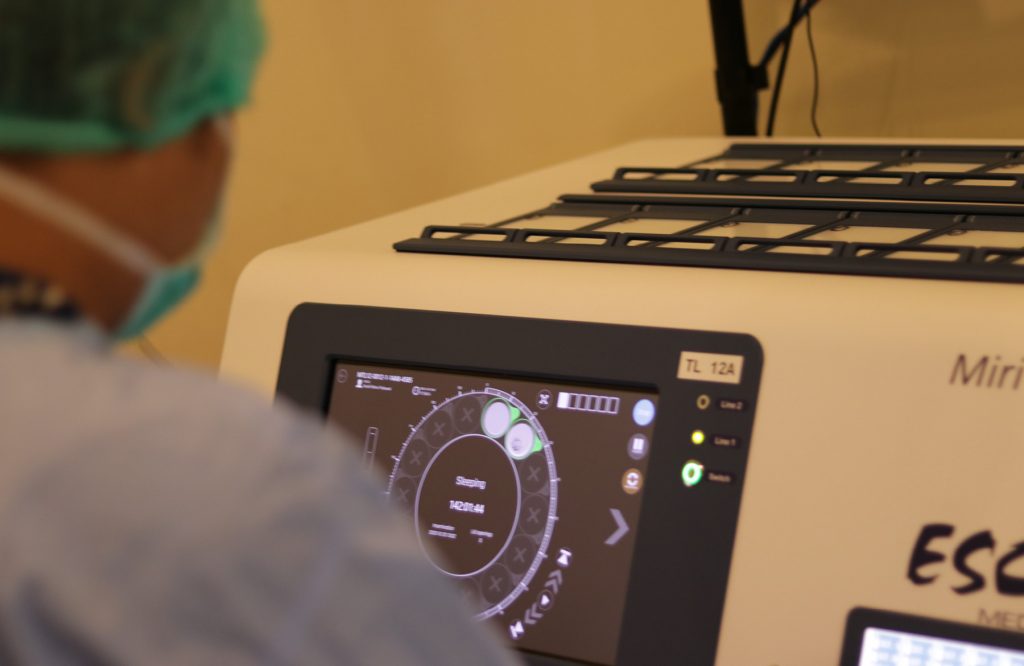
At present, Morula has treated around 110,000 patients. “We established new business lines in 2020 – expanding into Morula Group to focus on our mission of not only being for couples who choose the IVF treatment, but also other infertility problems,” Ade explains.
“Besides the Morula Group, we also have Morula Wellness, which is about the whole treatment, from spa and meditation to yoga, to help prepare the body for fertility. Then there is Morula Pharma, where we develop and research medicines.”
In fact, he reveals that while Morula was already on this path to diversify its offerings and improve the overall experience, the COVID-19 pandemic actually sped up the process and proved to be “something of a blessing in disguise”.
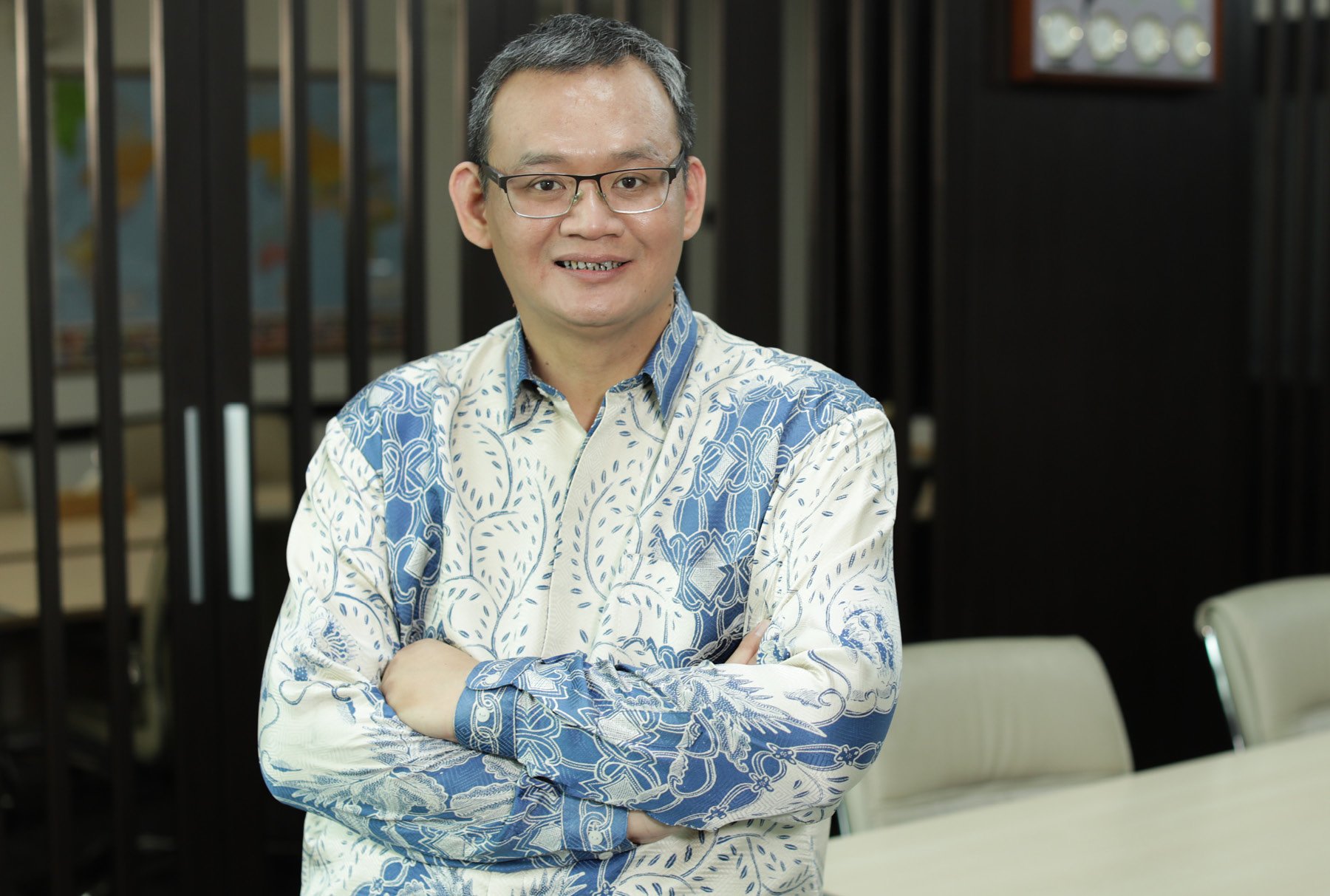
We want to have established a relationship before couples even decide to look into IVF techniques.
Creating strong networks
“We were struggling at the beginning of the pandemic,” Ade admits. “And IVF is relatively small compared to the total infertility industry, so we transformed. We transformed from being purely IVF to an infertility company.
“What I saw in this pandemic was that to survive, you needed to build on your performance. The operation is the key and you cannot fight this pandemic alone. We had to develop to be stronger. So we’ve now established almost 200 networks of hospitals and doctors. Our goal is to have the top 500 hospitals by 2024.”
That growth and evolution will be realised by, again, starting the relationship with hospitals and clients as early as possible. “It’s about training the hospitals on the early stage of fertility treatment, starting from the most preliminary consultation and then preliminary screening, to the actual treatment of IVF – called insemination,” he says.
“Our professionals at Morula can be used to do this training in the hospitals, so it’s a very low-cost investment. If the patient’s first stage of IVF does not succeed, the hospital can then refer the patient to us. So in the end, we’ll keep benefiting from this kind of business model regardless.”
When Ade joined Morula, he brought with him a wealth of experience garnered over more than two decades working for such giants as Nestle, in its Health Science division in Indonesia, as well as in the pharmaceutical sector for GlaxoSmithKline Consumer Healthcare and Merck KGaA.
It’s now about determining how to sell our IVF in the metaverse world – that’s becoming our new challenge if we want to stay ahead of our competition, and the right team will help us achieve that.
His first priority when joining Morula in 2018 was to utilise the strong, existing foundation while growing and evolving to cement its status as the industry leader. “What I saw was the market for IVF domestically at the time – which is still huge,” he explains. “But the issues for IVF here were about opportunities and accessibility. The understanding or the level of awareness of IVF in its entirety is mediocre in Indonesia, which is quite sad. It’s still low, but compared to how it was, there is progress.”
Now, as the industry continues to digitise, Ade emphasises that dependence on suppliers will be even more essential in the future. “I think the pandemic changed the business model a lot here,” he reflects. “But the critical factor is still the supply chain and collaboration. This is how we deliver our product into the hands of the customers.
“This means a development plan with the suppliers and vendors is vital – it’s about making products get to our clinic faster and more smoothly. Developing the commercial cycle rhythm with suppliers was a focus for the past year, and now, we talk directly to the manufacturer. That way we can get the products directly from the factory, not from the distributor.”
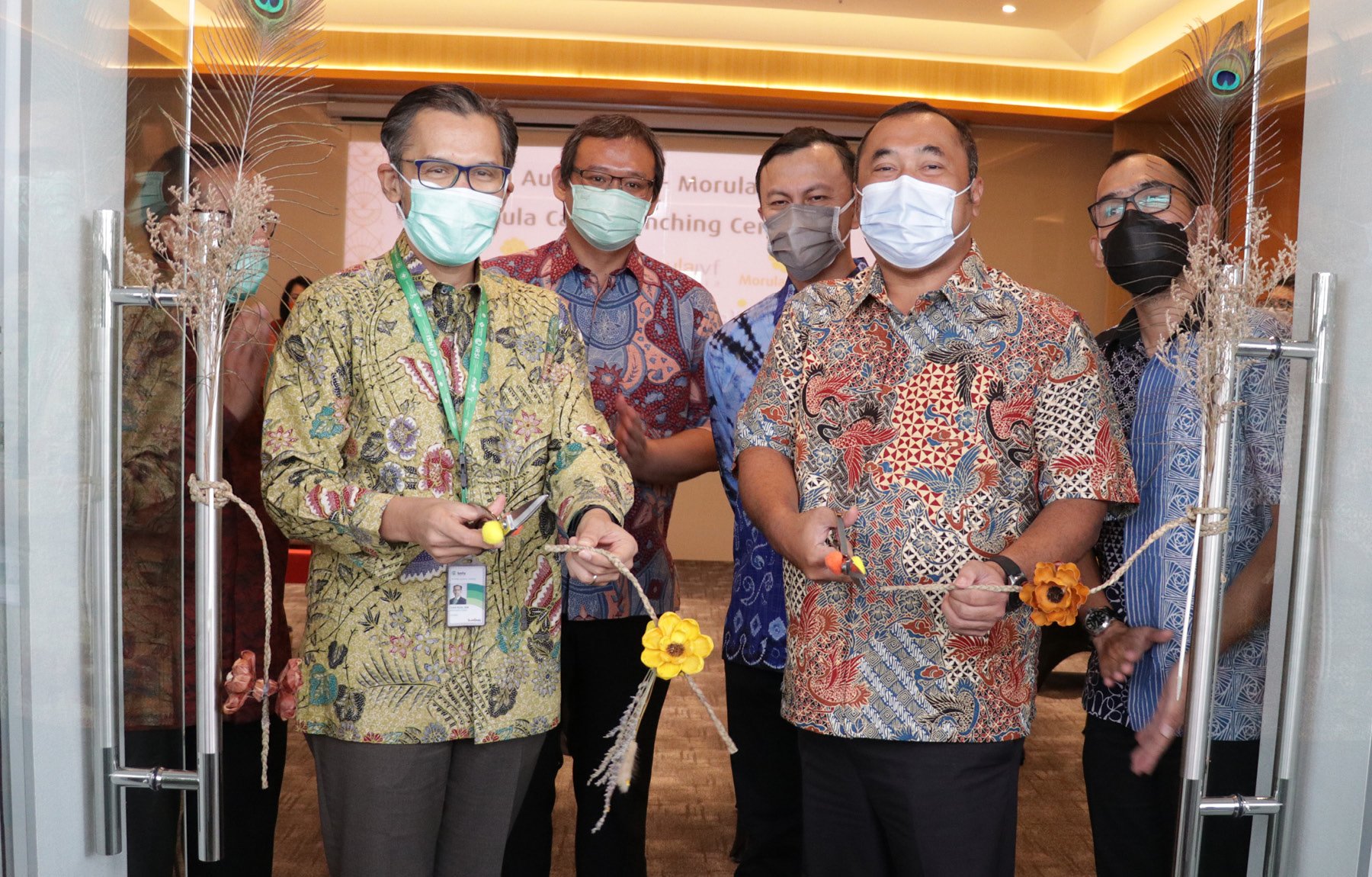
However, even as the world changes and technology advances, Ade believes the single most important factor will always be ensuring that you’re building a team of the best possible employees because “underlying everything is having the right talent”.
“It’s now about determining how to sell our IVF in the metaverse world – that’s becoming our new challenge if we want to stay ahead of our competition, and the right team will help us achieve that,” he says.
BESINS

